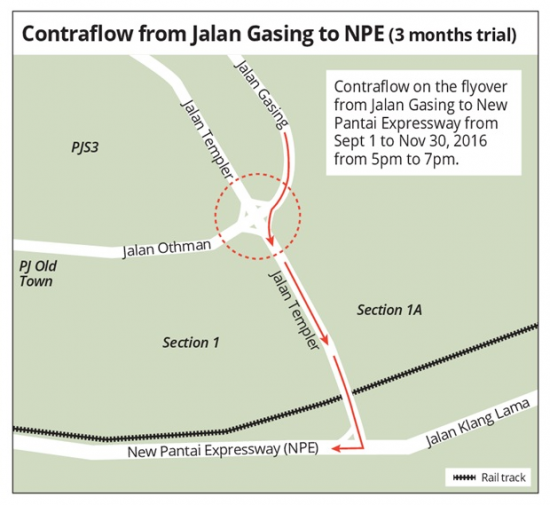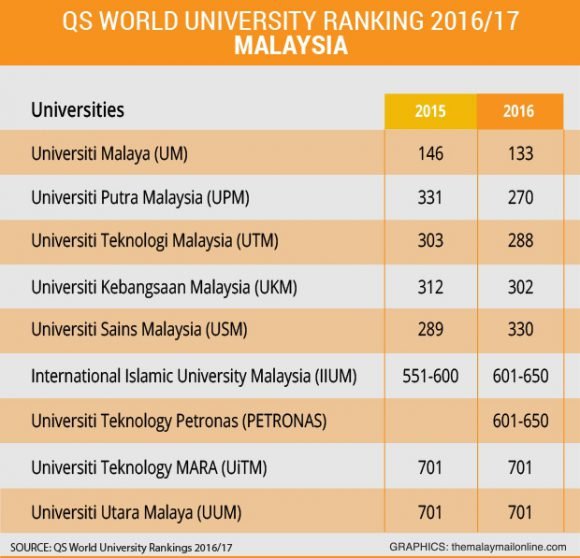Mosquito traps to be compulsory for new housing projects
The installation of insect traps is now compulsory in every new housing project under the federal government, other than the landscaping projects in public recreational parks. This is to curb the spread of mosquito-borne diseases such as dengue fever and Zika virus. Starting yesterday, a condition in the licence mandates developers to install insect traps, failing which they can be suspended or have their permits suspended. (Malaysiakini)
Developers: Affordable housing a challenge
Amid slowing demand and shrinking profits, it seems to be a good time for housing developers – who are accused of being only interested in high-end properties – to switch their focus to affordable housing, demand for which far outstrips supply. However, developers are saying this would be impossible, especially if affordable homes are to be priced at the level sought by the government and people. Houses priced up to RM165,060 are supposed to be considered affordable to a median Malaysian household, but developers said even a price of RM250,000 would not be a viable price tag, especially in the Klang Valley and other major urbans areas, due to the rise of building costs. The three main costs include material cost, machinery and equipment cost, and labour cost. (The Edge Markets)
Jalan Gasing contraflow trial for 3 months starting September
For the next three months, starting Sept 1, the Jalan Gasing flyover will be used as a contraflow lane for motorists travelling from Jalan Gasing towards the New Pantai Expressway (NPE). The new road system will benefit those heading towards Maju Jaya, PJS, Subang Jaya and Shah Alam via the NPE. Motorists heading towards the Old Klang Road from Jalan Gasing are advised not to go on the contraflow lane. (The Star Online)

Jalan Gasing contraflow diagram (Image from The Star)
Construction projects in Sabah drop nearly half
Sabah’s construction sector recorded nearly 50% fewer projects in the first half of the year compared to 2015. The state had some 108 construction projects as of June this year, compared to last year’s total of 396 projects. Out of the 108, 54% are infrastructure projects, 21% are housing, 3% are social facilities and 22% are non-residential projects like commercial and industrial buildings. Howver, a boost is expected from the massive 1,236km Pan Borneo Highway project that was launched in April this year. “This highway will be contributing the most to the upgrading of Sabah’s socio-economic status and open up job opportunities to many Sabahans,” said Chief Minister Datuk Seri Musa Aman. (Malay Mail Online)
Cost of living relief measures to continue under Budget 2017
The 1Malaysia People’s Aid (BR1M) programme will continue in Budget 2017, which will also address isses concerning affordable housing under PR1MA, the welfare of the Bottom 40% (B40) and Middle 40% (M40) income groups. “There is a gap in terms of obtaining financing for the total purchase price of properties as banks are not providing the full financing that people want and there is a need to look into this,” said Second Finance Minister Datuk Johari Abdul Ghani. He also emphasised that allocations under Budget 2017 would be based on the government’s revenue. (New Straits Times Online)
Bintai Kinden’s unit bags RM169mil S’pore hospital job
Bintai Kinden Corp Bhd’s subsidiary, Bintai Kindenko Pte Ltd, has clinched a S$56.13mil (RM168.7mil) subcontract to supply and install air-conditioning and mechanical ventilation system at the proposed 19-storey Outram Community Hospital, which will be linked to Singapore General Hospital, as well as at its Campus Logistics Centre. The project is expected to be completed by February 2019. The community hospital will cost S$674mil (RM2.03bil) to build. (The Star Online)
Three Malaysian universities in top 300 of QS world rankings
The nation’s oldest university, Universiti Malaya (UM), climbed to 133rd place in the Quacquarelli Symonds’s (QS) 2016/2017 World University Ranking, up from 146th previously. Universiti Putra Malaysia (UPM) ranked 270th, compared to 331st last year, while Universiti Teknologi Malaysia (UTM) rose 15 places to 273rd. Universiti Kebangsaan Malaysia (UKM) jumped 10 places, and ranked 302nd this year, just shy of being in the top 300. The Massachusetts Institute of Technology (MIT) from the US remains the top institution of higher education in the world, for a fifth consecutive year, followed by Stanford University and Harvard University in the second and third, respectively. The QS World University Rankings is an annual league table of the top universities in the world and its rankings are based on four key pillars: research, teaching, employability and internationalisation. (Malay Mail Online)

Image from Malay Mail Online





